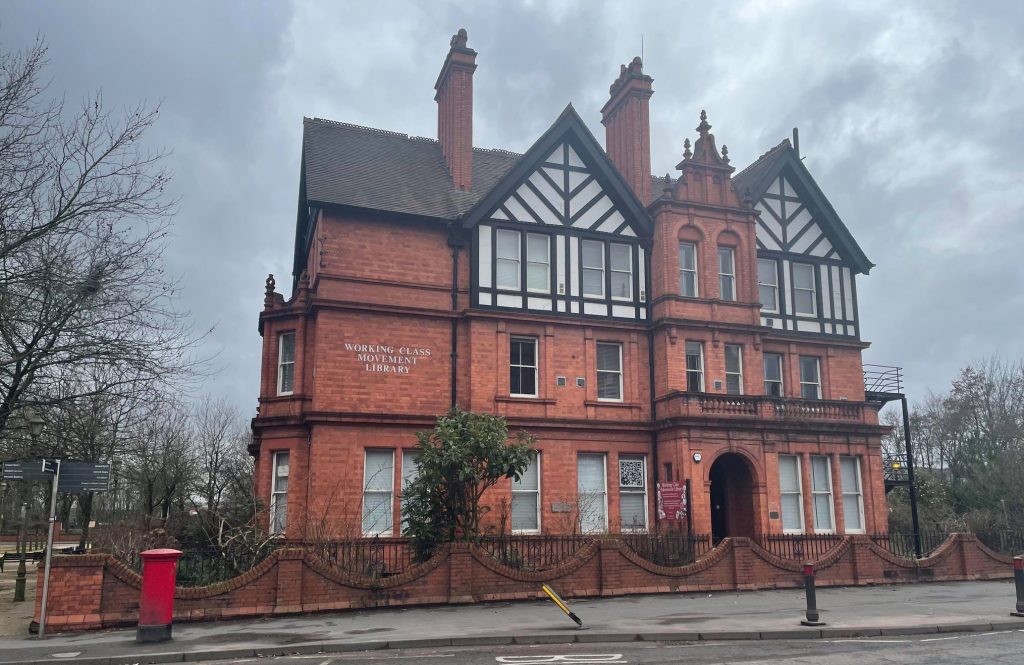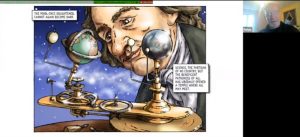
The Working Class Movement Library is hosting a series of free online talks throughout February and March, covering a variety of historical and political topics.
The Invisible Histories series has started up again after a run of 30 successful events in 2020, and is open to all.
The talks are live streamed every Wednesday at 2pm up until the 24th March, however they are all recorded and available afterwards to view on www.youtube.com/wcmlibrary.
To join live, details will be found on the day of the talk at www.wcml.org.uk/events.
The Working Class Movement Library has some fascinating online talks scheduled for Feb – March https://t.co/Ckm08zAIWW as part of their Invisible Histories season. You might discover something about your history too! #StayHome #SaveLives @wcmlibrary pic.twitter.com/1oT9hbIxc8
— Salford City Council (@SalfordCouncil) February 1, 2021
Lynette Cawthra, Library Manager at the Working Class Movement Library said: “The talks have been running for years, so reinventing them online last year was a big jump forwards.”
She continued: “We’ve been delighted at the enthusiastic reaction to our long-running series of Invisible Histories talks going online last spring. It’s enabled us to invite speakers from far and wide – Canada the furthest spot thus far! – as well as to welcome an audience of Library supporters from all around the country, and people coming across us for the first time.”
The next talk on the 24th February is by historian Matthew Roberts, and will be discussing how the Chartism movement of the 1830s-1850s still lives on in today’s politics.

Other talks in the series include a LGBT+ History month talk looking at the importance of working-class LGBTQ women in history, an illustrated talk by political cartoonist ‘Polyp’ on Thomas Paine, as well as an upcoming International Women’s day talk focusing on the Scottish suffragettes.
Speaking of his involvement in the series, ‘Polyp’, whose real name is Paul Fitzgerald, said: “I’m instantly drawn to any history that seems to have been made invisible or whitewashed or outright suppressed, e.g. Peterloo, or Thomas Paine. There’s usually a damn ‘good’ reason behind it, and it’s usually that the person or event was fundamentally challenging, provocative or embarrassing to the status quo, and remains provocative today.”
The Working Class Movement Library was founded in the 1950s by the late Ruth and Edmund Frow, and now holds records of over 200 years of radical working-class organisations, making it one of the most important collections of its kind.
Although the library is currently closed, many of their collections are available to view online at www.wcml.org.uk














Recent Comments